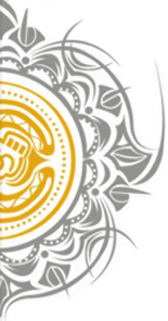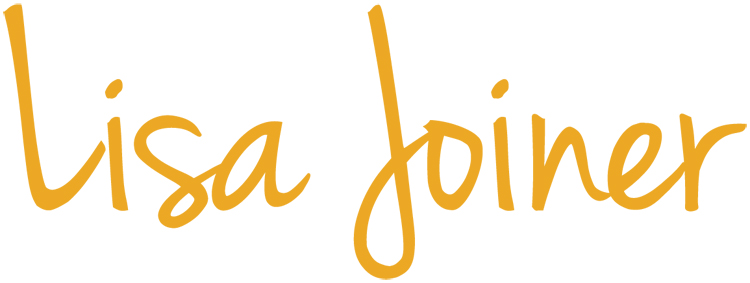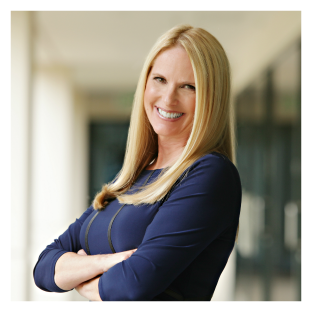Engaging Life Intuitively, Living Spiritually
Our Brain, a thirsty sponge for Negativity
In the spirit of the article, I have to acknowledge the negative piece of my brain is telling me that I’m a little late to the party with this information. My spiritual training tells me that the timing is perfect. And, that makes me smile.
Have you ever wondered why we so easily believe the unkind words and actions of others, and yet find it so easy to dismiss the positive words, compliments, and kindnesses of people?
It’s called the negativity bias and it’s real. Margie Warrell summed it up perfectly in a 2017 Forbes article, “We are Velcro for negative experiences and Teflon for positive ones.”
Think about how we beat ourselves up over the smallest of errors, or do a mind-spin on the slightest of criticisms, all the while ignoring any and all positive comments someone gives us. An article from the Positive Psychology Program states “It’s because negative experiences tend to exert a greater psychological impact on us than positive experiences of the same magnitude.”
An example the article uses is, you receive great praise for a difficult project you completed, but you fixate on one or two small criticisms. Sound familiar?
Or perhaps you frequently experience a comparison hangover especially after spending time on social media. You end up focusing on the seemingly negatives in your life after viewing all the positive things your friends post about their lives. I call it “grass is greener syndrome.”
The negativity bias can reinforce and deepen our negative beliefs of self-doubt, self-judgment, feelings of unworthiness, and of not being good enough. All the things we privately fear, we focus on, and they become embedded in our subconscious as limiting beliefs.
Research states the negativity bias is a product of our evolution. It comes from our brain being hardwired from ancient circuitry dating back to cave dwelling days. Quite simply, it was necessary for their survival.
Today, instead of the bias helping us, it seems to work against us and has created a huge imbalance. The good news is according to research, we can rewire and retrain our brains towards positivity and achieve balance. Dr. Rick Hanson is a neuroscientist and psychologist who has authored multiple books and is an expert on Hardwiring Happiness. His work provides great insights on the negativity bias.
With our brains being thirsty sponges for negativity, it’s no wonder we’re in a constant battle with ourselves. The negative stories we keep reliving in our heads, the endless mind-chatter, and having worst case scenarios as our go-to, make it difficult to enjoy the power of positive thinking.
We keep praying and asking for help then repeatedly dismiss the guidance. Answered prayers, small miracles, and spiritual signs are all quickly dismissed as we absorb the next negative nelly comment and listen to the noisy zoo in our brain.
I contend by having a strong connection with Spirit, some kind of spiritual practice and people to help us, we can identify this negativity, forgive ourselves, and move forward. I’m also a proponent for becoming positivity proactive by limiting time spent on social media and listening to or ingesting the news, and whenever possible, avoiding negative conversations with others.
“Love is the multivitamin.”
Dr. Rick Nelson
It would be wise to up our daily dose of love and focus on those things that make us feel joyful.
We must remind ourselves constantly to choose love over fear. To offer our fears and struggles to the Divine and let love enter our hearts and our heads. Then, when something wonderful happens allow ourselves to say Yes! Thank You! And, let those good feelings settle into our bones informing us all the way to our cells. Then we can begin to trust the positivity. We can begin to see the world through love’s eyes and filter our experiences through love’s lens.
I’m grateful to my caveman ancestors for using negative alertness. We wouldn’t be here if they hadn’t. Now it’s time to evolve again. Let’s invite the Divine in, to lead us to change, to be our best selves, and to achieve balance. Let’s ask that we develop a heightened state of positivity where we circulate love and create balance.
We can’t change all the negativity that seems so prevalent right now, but we can be a more positive influence in our own life. And, maybe that will spill forward and begin to shift the balance on a larger scale.


